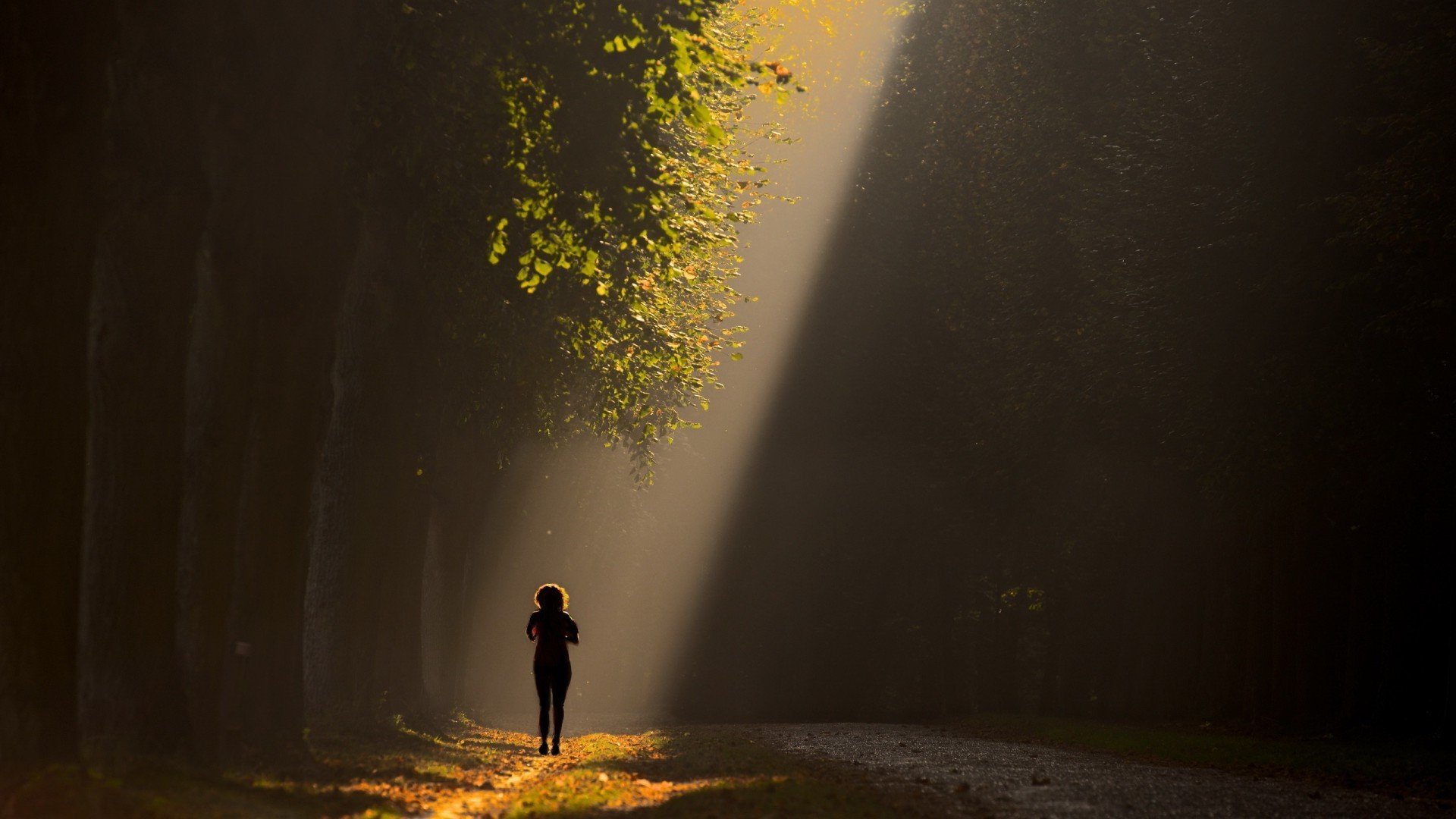Wonder and Its Questions
Both Plato and Aristotle believed that philosophy begins in wonder. That mindset, attitude, and activity represented by the Greek “philo-sophia,” meaning “the love of wisdom,” has no other origin. Wonder is the source.
But that explanation can use some clarification, because we typically speak of wonder in two different senses. First, there is wonder as awe. Your first look at the Grand Canyon up close, or a first experience of the Northern Lights undulating in the dark night sky, may evoke a cosmic sense of wonder as an overwhelming awe. You are entranced, and perhaps even speechless. You may feel very small in the immensity of things. But in each case, you might subsequently wonder what caused such a phenomenon, and that’s wonder as asking. it’s an interrogatory mode, a quest for discovery and illumination. So there is wonder as an awe and as an ask. I believe the early philosophers had both senses in mind. A deeper experience of life, and perhaps of your work, can begin only through a sense of wonder as a real awe and as a deep asking.
Both Plato and Aristotle had learned from Socrates, and he was the individual who launched philosophy into the broader world by relentlessly posing questions about things others assumed they knew. He had the curiosity and courage to interrogate reality in new ways and to involve others in his endless quest to understand.
In this connection I want to recommend heartily Walter Isaacson’s new massive biography of Elon Musk. Poor Elon (the only context in which you’ll ever see these two words together in reference to the world’s richest man) had a truly terrible childhood of massive emotional abuse at the hands of his own father, and of physically violent schoolyard bullies along the way. But he was a survivor, and went on to found company after company that he successfully steered through impossible challenges, largely by a relentless asking of questions: Why are things done in this way? Why is this a rule or regulation? Who made this a rule? How can we do things differently? What can we eliminate from the complexity of this product or process? How can we make things simpler, faster, cheaper, and more efficient?
Musk has overcome incredible odds over and over again, despite many self destructive emotional tendencies coming from his harsh childhood, by asking childlike questions where others take things for granted, or as givens in the world. He uses the tool of relentless questioning to turn industries upside down and make new things happen. He seems to have next to no empathy for other people, and near zero emotional intelligence, but his entire business history is driven by his remarkable capacity to ask the right questions over and over again, demanding real answers and not accepting the common prejudicial opinions that result merely from long-time habit.
This is a trait Elon Musk shares with the late Steve Jobs. Both of them have managed to launch world-changing enterprises by asking questions about things everyone else just assumed. Why do we need this? Can we do without it? Why don’t we try this another way? Can we take a risk here? Who says it’s impossible? What’s the worst that can happen if we give this a try?
Questions are powerful tools, and this particular type of tool is vastly underused because it’s under appreciated in our time. The great discoverers and inventors have always wondered what there could be beyond the known. And they have acted on their wonder, bringing the tool of asking to their awe and both then to action in the world.
Young people wanting the success of a Musk at Tesla or Space-X, or the world changing impact of a Jobs with his i-world wrongly ape their dress or darker manners, thinking that minimalist cool or hot anger and rage can give them the achievements they seek in their own lives. But if they were to really ask what has made Jobs and Musk able to pioneer new things, they would quickly discover that it’s the power of asking questions well and relentlessly, and thereby stripping away illusion and false necessity that is the art standing behind their accomplishments, as well as nearly any remarkable success. And it’s a tool each of us can use. If that goads you to ask how, then you’re already well on your way.
For the Musk book, click HERE. And if you’re curious, which is good, I have a book where I explore all the philosophical tools Steve Jobs used to attain his extraordinary success. It’s called Socrates in Silicon Valley and is HERE.














































